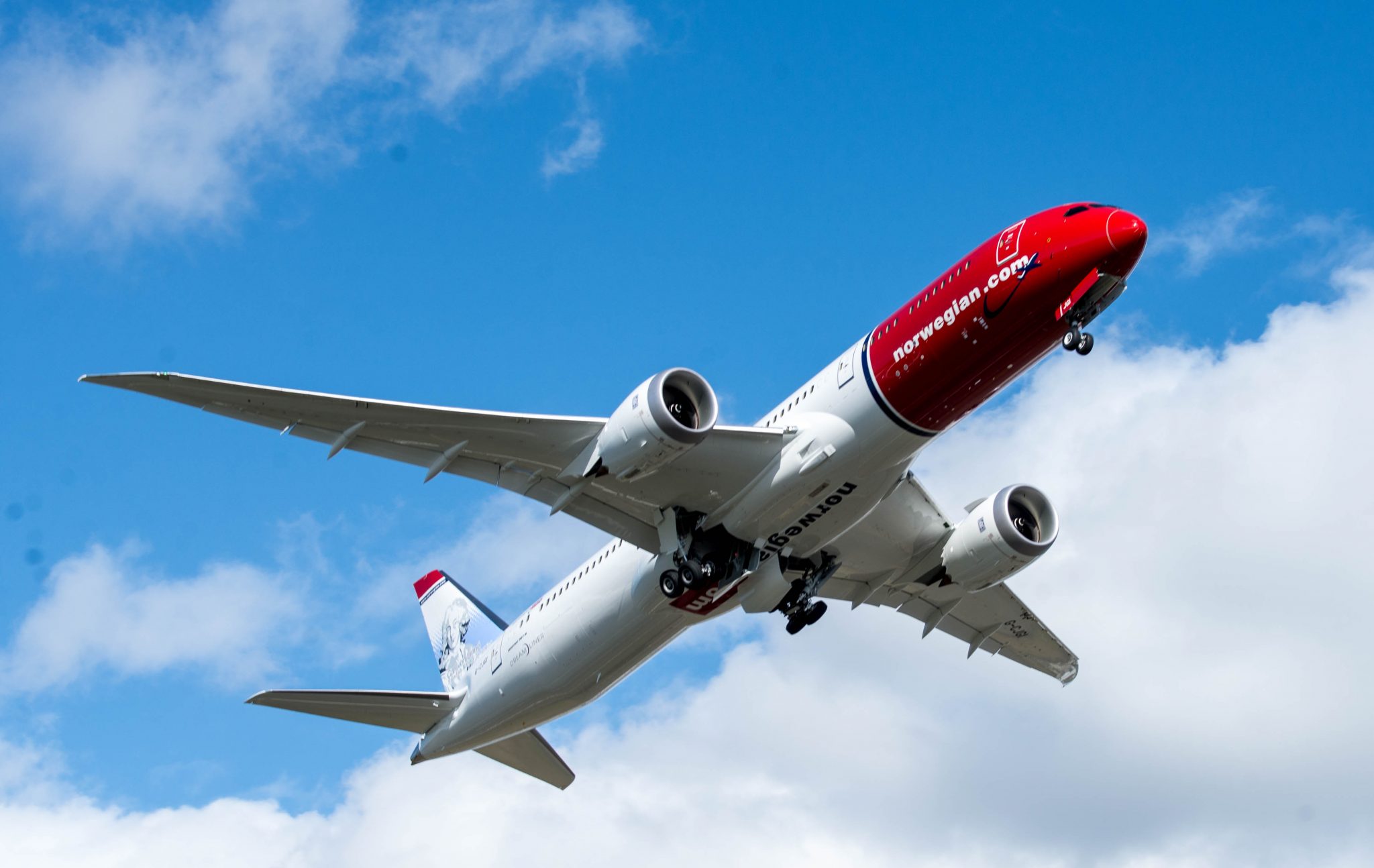Embattled LCC Norwegian’s recent deal with lessors that means it won’t pay rents on aircraft grounded by COVID 19 and which the carrier expects to save it $285 million over the next 12 months is unlikely to become standard industry practice, says Helene Spro, aviation finance analyst at Scope Ratings.
“I don’t necessarily think that Norwegian’s deal with a number of lessors, that sees rents waived for planes grounded due to coronavirus will become standard practice. But other airlines are likely to try to enter negotiations with their lessors to ensure that they are not missing out against their competitors.”
Speaking to different lessors it appears that some have received deferral requests from up to 80% of their clients and while it’s fair to assume a number will ask for a coronavirus deferral, they might not get the same deal as Norwegian because it is a special animal due to the debt-for-equity swap agreed with certain lessors. But we expect a number of airlines will be successful in getting rental deferral, and lower lease rates, for extended periods.”
Spro was speaking to Airline Economics the day after Scope published an analyst note looking at the impact of COVID 19 on aviation finance. The note said that the package of financial support which Norwegian has agreed to as it puts its business into hibernation is an example of the pressure lessors are currently under from carriers, and one that potentially throws a lifeline the Nordic airline.
“For Norwegian, this is a credit positive as it decreases their liabilities and fixed costs in the coming months. However, this will seriously hit the lessors’ financial position if the same lessors see a necessity to enter similar agreements with other airlines,” said Spro in the analyst note.
Scope’s analysis highlighted the potential risk to aircraft pricing due to a potentially large increase in leasing contracts because the fall in lease rental costs will have made it relatively economically attractive for the surviving airlines to lease rather than own aircraft. But Spro pointed out on the call that it’s difficult to value aircraft when there are virtually no transactions.
“For aircraft investors, aircraft oversupply is a looming threat though it is also hard to quantify right now. The extent of the problem for aircraft investors depends on whether airlines default due to the crisis, the size of the fleets flown by those carriers and which aircraft models airlines decide to retire first as they streamline operations,” she said in the note.
Uncertainty was the key theme of the Scope analyst note which said that if the crisis continues, many airlines are likely to use unencumbered aircraft to secure capital through sale-and-leaseback transactions, a trend which Spro warned could, due to the length of typical leasing contracts, see COVID 19 impact the aviation sector for the next decade .
“That said, there is still plenty of uncertainty for the outlook for aviation finance. Much depends on whether lenders and lessors remain willing to enter aircraft transactions without a strong rebound in demand for air travel - and the extent to which carriers retire planes from existing fleets,” Spro said in the note.

